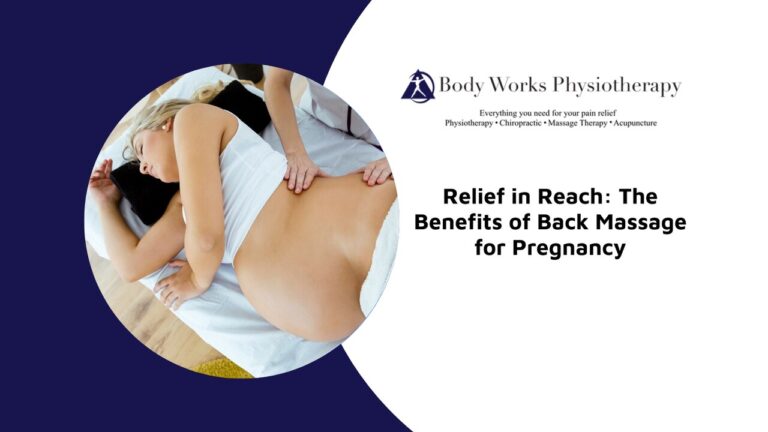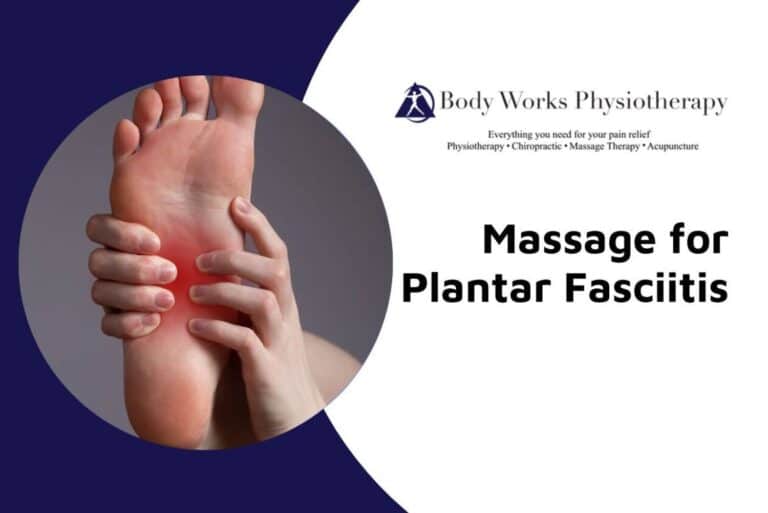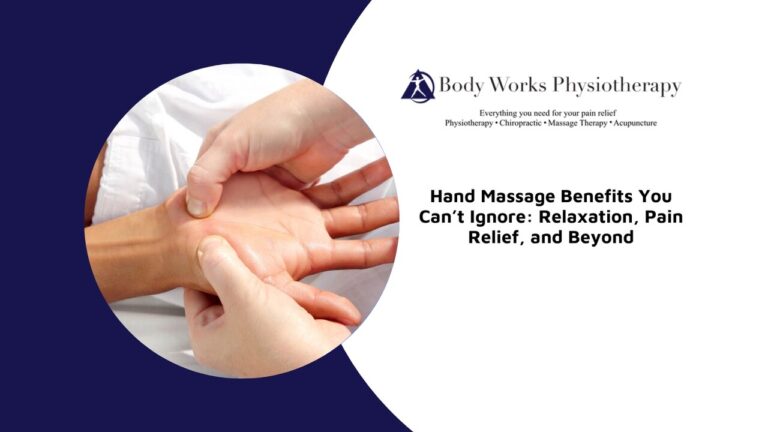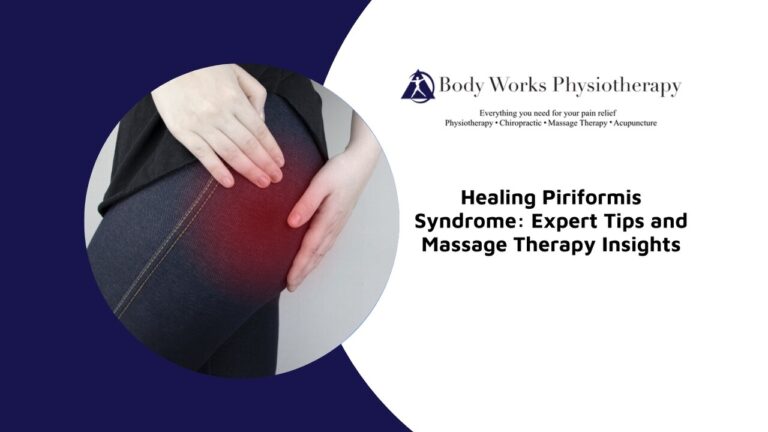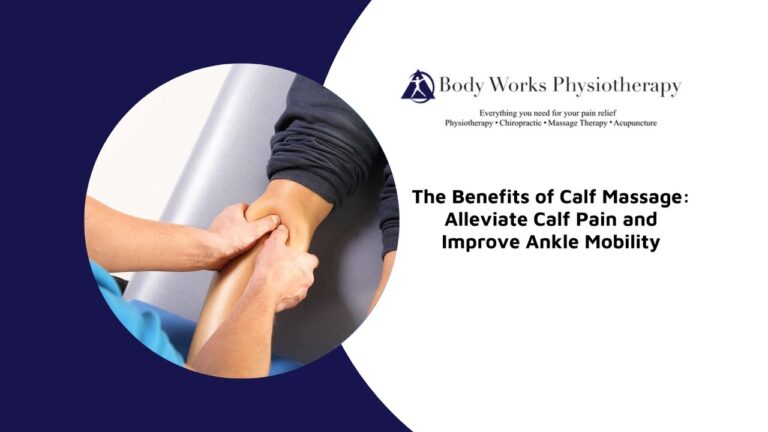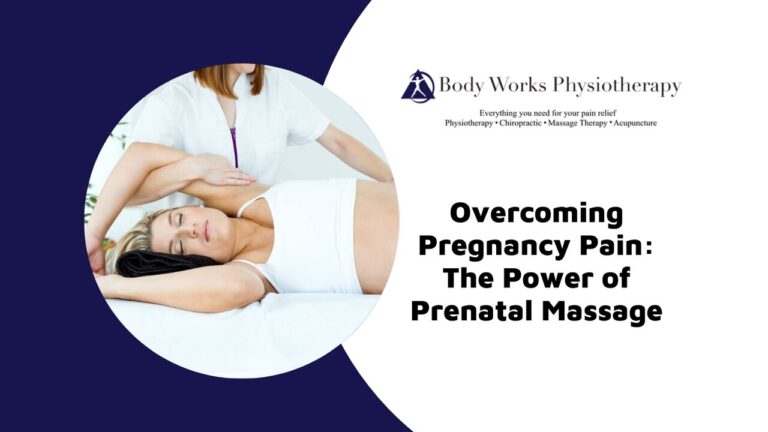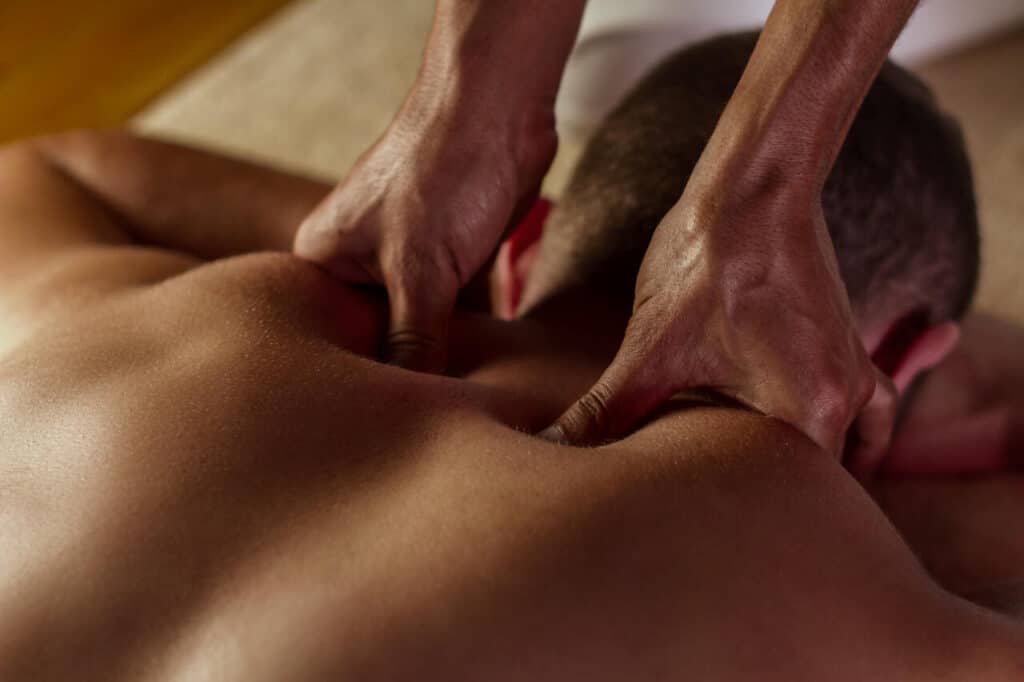
The common wisdom about massage therapy is that only women get regular massages. But what if I told you that this conventional thinking is all wrong? In this post, we challenge the status quo and offer a fresh, alternative perspective on massage therapy for men and all individuals.
Benefits of Massage Therapy for Men
Massage therapy offers a range of benefits tailored to men’s specific needs and concerns, including:
- Muscle Tension Relief: Massage therapy helps alleviate muscle tension and stiffness, promoting relaxation and flexibility.
- Stress Reduction: Men often experience high levels of stress, and massage therapy can provide a natural way to unwind and reduce stress levels.
- Pain Management: Massage therapy can help manage chronic pain conditions, such as back pain or neck pain, by targeting trigger points and promoting circulation.
- Improved Sleep: By promoting relaxation and reducing stress, massage therapy can contribute to better sleep quality and duration.
- Enhanced Mood: Massage therapy stimulates the release of endorphins, the body’s natural feel-good hormones, which can improve mood and overall well-being.
How Massage Enhances Athletic Performance
Massage therapy plays a crucial role in supporting men’s muscle recovery and athletic performance by:
- Reducing Muscle Soreness: Massage helps alleviate muscle soreness and fatigue after intense workouts, allowing for faster recovery and reduced risk of injury.
- Improving Circulation: Massage therapy increases blood flow to muscles, delivering oxygen and nutrients essential for recovery and repair.
- Enhancing Flexibility: Massage techniques, such as stretching and deep tissue work, can improve flexibility and range of motion, enhancing athletic performance and reducing the risk of muscle strains.
- Breaking Up Scar Tissue: Massage therapy can break up scar tissue and adhesions in muscles, promoting tissue healing and preventing stiffness.
- Reducing Inflammation: Regular massage therapy can also reduce inflammation in muscles and joints, which is a common issue for athletes. Massage helps reduce the levels of cytokines, proteins that play a role in inflammation, while increasing the levels of mitochondria, the cell’s energy-producing units, thus aiding in quicker recovery and better muscle performance.
- Enhancing Muscle Strength and Endurance: Massage therapy can also enhance muscle strength and endurance by promoting faster recovery and reducing muscle fatigue.
- Boosting Immune Function: Athletes are often at higher risk for illnesses due to intense training regimens. Regular massage therapy has been shown to boost immune function by increasing the activity of natural killer cells, which are critical for defending the body against infections.
Men’s Cardiovascular Health: The Role of Massage Therapy
Did you know that men have a higher chance of experiencing cardiovascular issues than women? Massage therapy can indirectly contribute to better cardiovascular health by reducing stress levels and promoting relaxation. Chronic stress is a risk factor for cardiovascular disease, and massage therapy helps lower stress hormones such as cortisol while increasing serotonin and dopamine levels, which can have a positive impact on heart health. Additionally, massage therapy may improve circulation, which can benefit cardiovascular function.
Improving Mental Health: The Role of Massage Therapy
Massage therapy plays a significant role in promoting men’s mental health and overall well-being:
- Stress Reduction: Massage therapy reduces levels of stress hormones such as cortisol while increasing levels of neurotransmitters associated with relaxation, leading to improved mental clarity and reduced anxiety.
- Mood Enhancement: Massage stimulates the release of endorphins, neurotransmitters that promote feelings of well-being and happiness, helping to alleviate symptoms of depression and boost mood.
- Improved Sleep: By promoting relaxation and reducing stress, massage therapy can improve sleep quality and duration, leading to better overall mental health and cognitive function. Massage stimulates the release of serotonin, a neurotransmitter involved in regulating sleep-wake cycles, and can help individuals achieve deeper and more restorative sleep.
Ideal Frequency of Massage Therapy
The frequency of massage therapy sessions depends on individual needs, preferences, and health goals. For general health maintenance and stress relief, receiving a massage once a month may be sufficient. However, for athletes or individuals with specific health concerns, more frequent sessions may be beneficial. It’s essential to work with a qualified massage therapist to develop a personalized treatment plan that aligns with your health objectives.
Should Anyone Avoid Massage Therapy?
While massage therapy offers numerous benefits for men’s health, there are certain situations where it may not be advisable:
- Infectious Skin Conditions: Individuals with contagious skin infections, such as ringworm or herpes simplex, should avoid massage therapy until the condition is fully resolved. Massage can potentially spread the infection to other parts of the body or to the therapist.
- Recent Surgery or Injury: Men who have recently undergone surgery or experienced a severe injury should wait until they have fully healed before receiving a massage. Massaging an area that is still healing can cause complications and delay recovery.
- Blood Clotting Disorders: Those with blood clotting disorders, such as deep vein thrombosis (DVT), should avoid massage therapy, particularly deep tissue massages. The pressure applied during massage could dislodge a clot, leading to serious complications like a pulmonary embolism.
- Open Wounds or Burns: Individuals with open wounds, sores, or burns should not receive a massage over the affected areas. This can cause further irritation and infection.
- Severe Osteoporosis: Men with severe osteoporosis should approach massage therapy with caution. The fragility of their bones could result in fractures if too much pressure is applied during the massage.
- Severe Allergies: Those with severe allergies to massage oils or lotions should ensure their therapist uses hypoallergenic products to avoid allergic reactions.
It’s essential for anyone considering massage therapy to communicate openly with their therapist about their medical history and any current health concerns. A well-informed therapist can tailor the massage to accommodate specific needs and ensure a safe and beneficial experience.
Take Charge of Your Health with Massage Therapy
The time to take control of your health is now. Every day that you wait is another day that you miss out on the pick-me-up that you deserve. At Body Works Physiotherapy in Scarborough, we’re here to help you turn things around and achieve the results you’ve been looking for. Book your appointment today and let’s get started.

